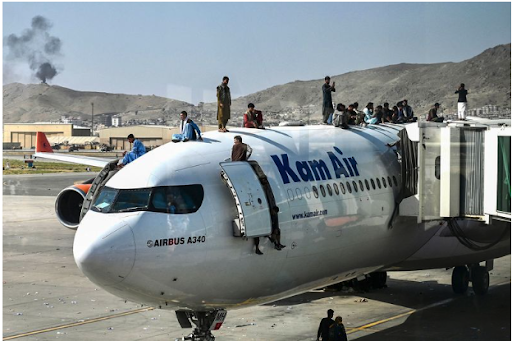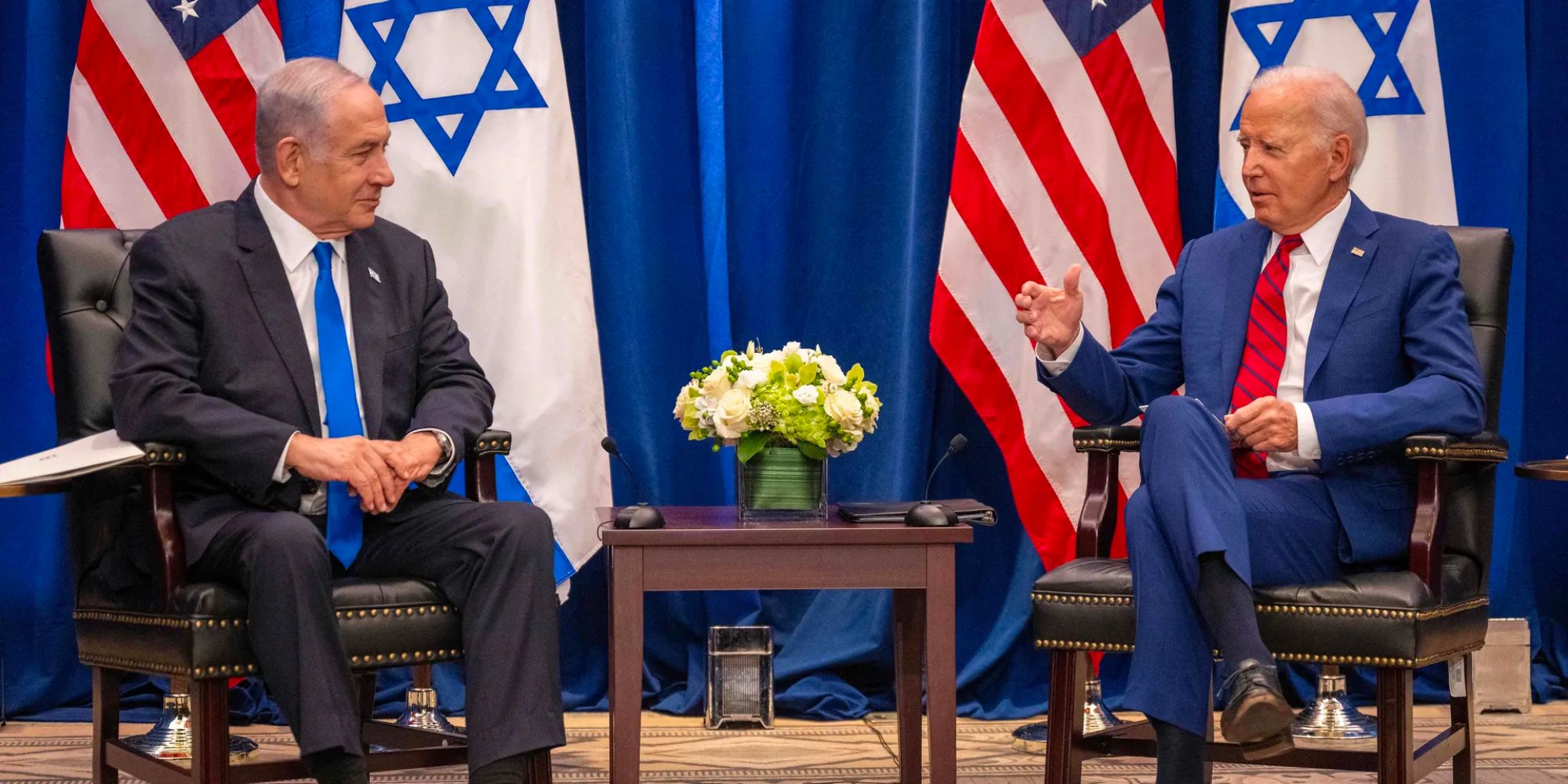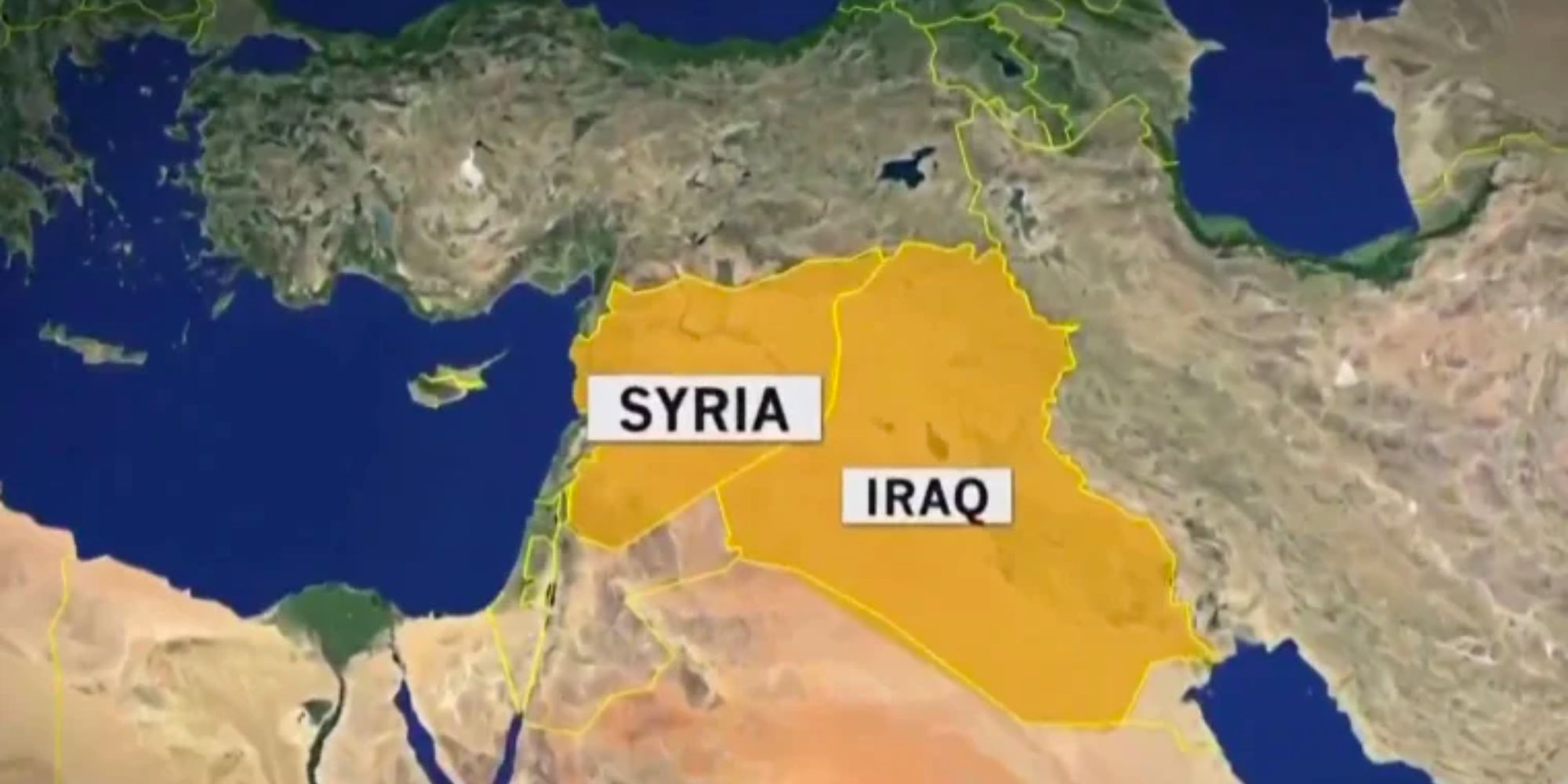[fusion_builder_container type=”flex” hundred_percent=”no” equal_height_columns=”no” hide_on_mobile=”small-visibility,medium-visibility,large-visibility” background_position=”center center” background_repeat=”no-repeat” fade=”no” background_parallax=”none” parallax_speed=”0.3″ video_aspect_ratio=”16:9″ video_loop=”yes” video_mute=”yes” border_style=”solid”][fusion_builder_row][fusion_builder_column type=”1_1″ type=”1_1″ background_position=”left top” border_style=”solid” border_position=”all” spacing=”yes” background_repeat=”no-repeat” margin_top=”0px” margin_bottom=”0px” animation_speed=”0.3″ animation_direction=”left” hide_on_mobile=”small-visibility,medium-visibility,large-visibility” center_content=”no” last=”no” hover_type=”none” border_sizes_top=”” border_sizes_bottom=”” border_sizes_left=”” border_sizes_right=”” min_height=”” link=””][fusion_text]
On August 30, 2021, Concentric chartered one of the last civilian planes to leave Afghanistan before the US military fully withdrew from the country. On the flight’s manifest were 188 Afghan citizens at risk of Taliban retribution, and whose brave journey serves as the namesake for Concentric’s philanthropic alliance, the 188 Foundation. However, the name of the 188 Foundation is a nod to the concept of exactitude in the midst of a crisis, as there were an additional 173 Afghans total who were seeking to leave the country and boarded that chartered flight. Concentric’s operation brought together humanitarian professionals, national security veterans, and private sector support to safely evacuate the 361 total Afghan citizens, and it emphasized that private companies can and should assist in humanitarian crises when able.
As we mark the one-year anniversary of our evacuation efforts in Afghanistan, we look back at the operation, the small impact we were able to have, the lessons learned, and our way forward with the 188 Foundation.
THE EVACUATION
Concentric’s involvement in Afghanistan stemmed from a phone call from a former colleague and founder of the Radical Flexibility Fund, Dr. Riva Kantowitz, to Concentric’s Executive Chairman Roderick Jones. Dr. Kantowitz sought assistance in evacuating human rights defenders. “Kabul was falling much faster than anybody anticipated,” Dr. Kantowitz noted. She explained in addition to her own efforts, “thousands of organizations and individuals in and outside of Afghanistan were – with the best of intentions – trying to leverage all possible resources to evacuate high risk groups,” creating a chaotic situation. “You can only imagine when everybody is calling their congressperson, pushing every lever they can to [get their contacts out of country],” she said. The complexity in navigating the rapidly deteriorating security situation grew even more complicated because the only real ways out of Afghanistan required visas. As a result, normal avenues for moving people out of Afghanistan became overloaded and were not agile enough to respond before the Taliban assumed full control of the country. These avenues also created funnel points of congestion, which were ripe for targeting by the Taliban.
The request for assistance struck a chord with Roderick Jones. In the early years of the company, Concentric assisted with international public health work, initially on a tactical security level and later in policy and risk management. One of the biggest lessons Roderick Jones learned from these efforts was the shortcomings of bigger systems in eradicating the source of problems. There was a need for direct philanthropy, going straight to the problem and people in need. This is something Roderick Jones pondered for many years, wondering how Concentric could contribute where other organizations could not and knowing that even “saving one person is always worth it.”
Concentric previously completed non-profit work leading up to the Afghanistan evacuation, but never on such a large scale. Yet according to Concentric’s Executive Vice President Laura Hoffner, the budding evacuation operation not only tapped into Concentric’s strengths in security, but also the strength of Concentric’s partnerships. “There were already enough people to get what we needed done, done,” Ms. Hoffner said, “What we needed instead were logistics and enablement on the other side. So that was […] why we figured we could help, because we had the networks and we had the donors to get the money in place.“ In reflecting on the decision to pursue an evacuation operation, Ms. Hoffner stated, “Concentric specifically decided that first we could, and then second that we should.”

Afghan people climb on top of a KamAir flight in Mazar-e-Sharif amidst the US military withdrawal from Afghanistan. (Photo courtesy of Laura Hoffner)
As the operation took shape, time was limited with only days to organize funding, a chartered flight, visas, and resettlement before the US military officially withdrew from Afghanistan on their advertised day of August 31st, 2021. The operation also involved identifying safe passageways, arranging safehouses, creating a manifest, communicating meeting times and places to all 188 Afghans, and conducting due diligence investigations on potential partners willing to offer their services, nearly all of which was done virtually. Concentric was well poised to organize such efforts “because of the unique culture and unique backgrounds of the folks that work here,” said Concentric’s CEO Vice Admiral (Ret.) Mike LeFever. He noted many of Concentric’s staff had a special passion for seeing the operation succeed. “Many of us served there, many of us have lost our friends there. Many of us relied so heavily on the local populace […] You really grow to understand the culture and the beauty of the culture, the beauty of the country that you are serving in [….] And so you can’t help but be emotionally tied to the circumstances.”
The rescue effort also involved many other teams at Concentric who did not have military and government backgrounds. Concentric’s 24/7 Global Security Operations Center (GSOC) provided intelligence updates to stakeholders every six hours on the situation in Kabul, airport access, flight information, and freedom of movement on the ground. Concentric’s finance team also worked diligently behind the scenes to process donations and ensure resources were allocated where needed in the most time efficient manner.
KEY TAKEAWAYS
The evacuation operation showcased Concentric’s ability to quickly respond to a crisis and live up to its motto of “managing risk everywhere to keep people safe”. The operation also demonstrated several key takeaways vital to the operation’s success and are important considerations for continuing philanthropic work.
PARTNERSHIPS
Though Concentric had the tactical and logistical understanding to organize the moving parts in the evacuation, the operation was a success because of partners willing to assist across multiple stages of the process.
Concentric could not complete the operation without funding from key donors. Roderick Jones stated he was taking roughly 200 calls a day talking to business partners, clients, and extended networks who could organize funding. The flexibility and speed at which private sector partners could mobilize resources was a critical component in arranging transportation and access for the Afghan locals.
One of Concentric’s most crucial partnerships in the operation was the International Rescue Committee (IRC), who received the refugees off of the airplane, provided interim housing, food, assisted with paperwork for third-location movement, and eventually training and jobs. Partnering with the IRC ensured that the refugees were continually cared for after leaving Afghanistan. The IRC’s international reach and experience was especially valuable given the world-wide scope and needs of the operation. Concentric knew they had a very specific part of this rescue operation that was small in the grander scheme of the operation. They knew that in order for the mission to be a success, they needed to hand the refugees off to a capable, resourced, and competent organization like the IRC.
PRIVATE SECTOR APPROACH
As a private company connected to a large network of individuals and corporations, Concentric is in a privileged position to access flexible resources and adapt rapidly to developments. Admiral LeFever stated “private [industries] with the right capabilities and assets can provide some agility and adaptability that some of the bigger structures or bigger organizations or governments couldn’t possibly execute.” Even compared to firms previously operating in Afghanistan during the war, private security firms in particular can develop new and creative ways to help beyond just physical security.
However, such flexibility and agility also entails a level of responsibility, which includes working with existing systems to ensure they are not being undermined. In the case of Afghanistan, Concentric carefully followed official processes and ensured all paperwork was in order for the evacuees. Dr. Kantowitz also warns that private companies embarking on similar endeavors should be aware of core humanitarian concepts, such as ensuring they are not inadvertently causing additional harm, especially when considering the vulnerable position of aid recipients. Without thoughtful strategies and careful partnerships to support aid recipients from beginning to end, private organizations run the risk of becoming reactive, in which aid serves only as a temporary treatment rather than a holistic solution.
The lessons learned from the Afghanistan evacuation carried over into the 188 Foundation’s most recent rescue missions in Ukraine, in which the 188 Foundation again coordinated with private sector donors and ten other partners to evacuate 34 people from besieged areas in Ukraine. Yet with each operation, Concentric is most proud of the individual impact of these rescue efforts. “Even to be able to save one is a huge accomplishment,” said Admiral LeFever.
LOOKING FORWARD
In reflecting on the evacuation in Afghanistan one year later, Concentric recognizes those Afghans who remain in the country and who have faced restrictive Taliban policies, human rights abuses, a deadly earthquake, a crumbling economy, and severe hunger and malnutrition. Unfortunately, many of the organizations that conducted rescue missions in Afghanistan no longer have access to the country, underscoring how fleeting the opportunity was for the evacuation. Humanitarian groups estimate over 24 million people in the country, more than half of the Afghan population, currently need humanitarian assistance to survive. In Afghanistan and around the world, there remain countless needs for relief, and the 188 Foundation is striving to lead a new arm of “security philanthropy” to provide direct assistance.
“There is a real hunger now to do direct philanthropy,” said Mr. Jones. With its proven history in both Afghanistan and Ukraine, the 188 Foundation hopes to assist other companies in their efforts to give directly to recipients and focus on the individual. In pursuit of that aim, Mr. Jones notes that part of the 188 Foundation’s future will involve partnering with organizations that can work directly with locals, ranging from projects both small and large. “Sometimes small actions lead to bigger actions,” Mr. Jones said, reflecting the 188 Foundation’s belief that rescuing one impacts many.

Local Afghans clear airport security and board a bus taking them to the chartered flight in Mazar-e-Sharif on Aug 30, 2021. (Photo courtesy of Laura Hoffner)
Author: Reilly Andreasen, Intelligence Analyst with Concentric
[/fusion_text][/fusion_builder_column][/fusion_builder_row][/fusion_builder_container]





